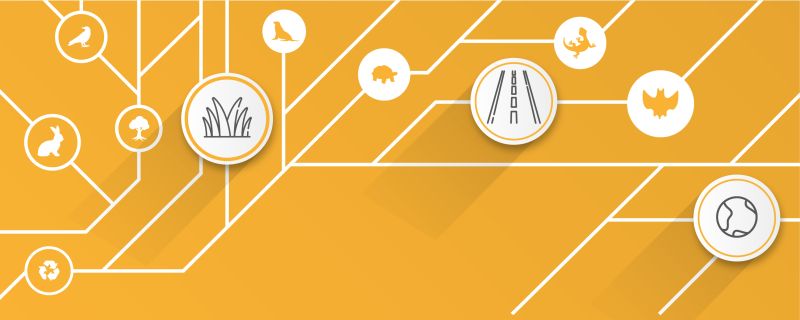Research and innovation
How Leeds champions the future of farming at the National Pig Centre
Watch the video

Understanding the complexity of life on earth can enable us to overcome major societal challenges, such as infectious and non-infectious diseases, climate change, biodiversity loss and food insecurity. It can also create jobs, support the economy and transform health care.
At least 88%
'world leading' or 'internationally excellent'
Submitted research in our two main UoAs – REF 2021.
A 317
hectare University smart farm
that brings together four farmsteads.
£10.5m
invested into translating research
through the Cheney Biomedical Accelerator.
Our research
We deliver research excellence that bridges biological scales from molecules, tissues, populations and landscapes using various technical approaches. By pushing boundaries of fundamental knowledge, we make bold and exciting discoveries which make real-world impact.
Our diverse community covers a range of research areas, from agriculture, sustainable ecosystems and adaptation, organismal health, biomedical technology, cardiovascular and exercises sciences, neuroscience and behaviour, cancer and cell signalling, infectious diseases, and protein structure, stability, and dynamics.
Research Impact
Our research delivers significant benefits to society and the economy. Read through case studies from some of our leading academics that showcase how we have already delivered a high level of impact across the globe as well as exploring our early future impact news stories.
Biomedicine and Health

Find out how we are tackling challenges within Biomedicine and Health by reading our impact case studies and some of our other research news.
MoreEcology and Conservation

Find out how we are tackling challenges within Ecology and Conservation by reading our impact case studies and some of our other research news.
MoreSport and Exercise Sciences

Find out how we are tackling challenges within Sport and Exercise Science by reading our impact case studies and some of our other research news.
MoreSustainable Agriculture

Find out how we are tackling challenges within Sustainable Agriculture by reading our impact case studies and some of our other research news.
MoreJoin our community
How we deliver research excellence
Interdisciplinary networks
We innovate by collaborating with researchers across biology, chemistry, environment, medicine, and engineering.
More on Interdisciplinary networksWorld-class facilities
Our world-class facilities, unrivalled scientific environment and access to clinical infrastructure enable us to ‘see’ and examine cellular processes to better understand how the body and plants works, drive innovative solutions for disease at pace and scale and test pioneering solutions in real-world environments.
More on World-class facilitiesOur positive research culture
At the University of Leeds, we recognise and value everyone involved in research
More on Our positive research cultureTraining the next generation of scientists
Research-led teaching to support the future leaders of biological sciences. Discover our summer studentships on the link below.
More on Training the next generation of scientistsResearch led teaching








